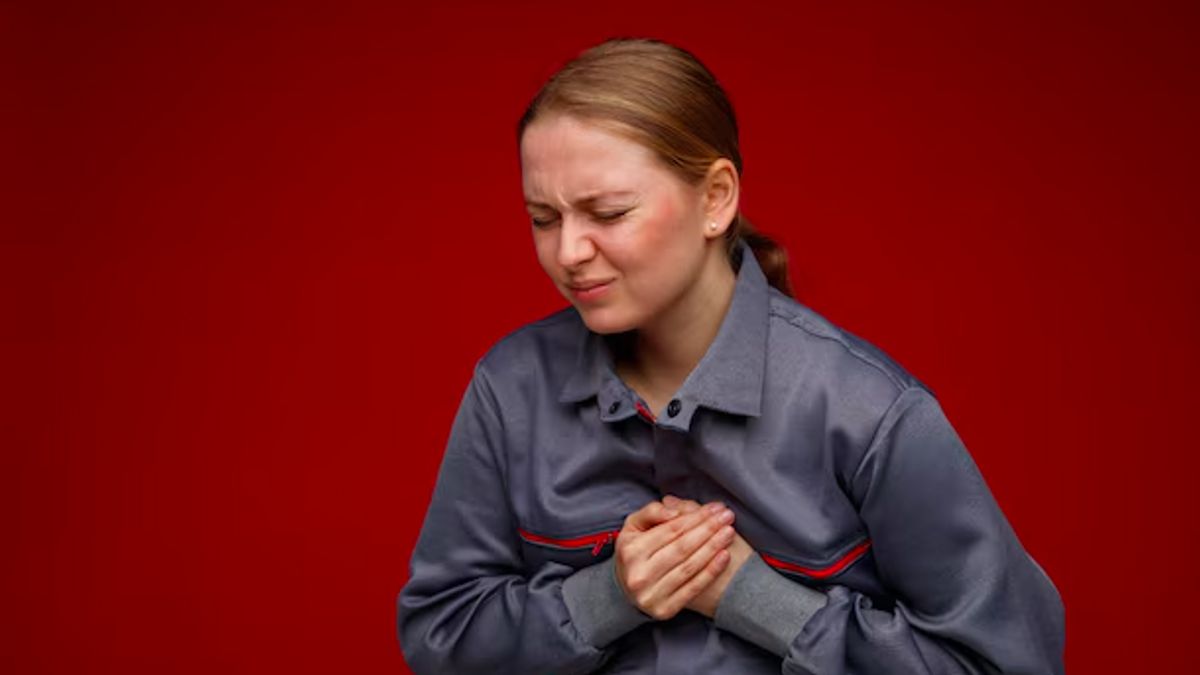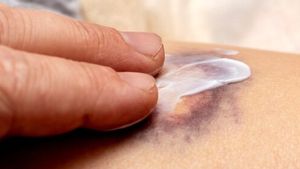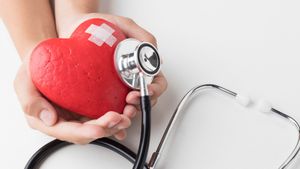JAKARTA - The risk of a heart attack seems to increase during Christmas celebrations. Cardiacs from Northwestern Medicine said the high risk could be caused by several factors.
Starting from a combination of cold weather, holiday stress, to disturbances in daily routines.
"The low temperature causes narrowing of blood vessels, which in turn increases blood pressure and forces the heart to work harder to pump blood. In addition, emotional pressure ahead of holidays and changing habits, such as lack of sleep, excessive alcohol consumption, and forgetting treatment also increases the workload of the heart," explains Dr. Patricia Vassallo, as reported by Medical Daily.
Doctor Vassallo also added that this risk is getting higher for those who have to do strenuous physical activity in cold weather, such as casting snow. This mainly applies to individuals who already have a history of heart disease.
Citing the ANTARA page, here are several other causes of the increased risk of heart disease at Christmas celebrations.
Winter often brings an unpleasant mood, including feelings of sadness due to the loss of the closest person. In addition, the pressure on holding large family gatherings or dealing with conflicts in the family can also trigger stress.
"Emotional and physical stres have a major impact on heart health, which explains why heart attacks and strokes often occur on Monday morning, when stress levels tend to peak," explains Vassallo.
VOIR éGALEMENT:
To reduce the risk of a heart attack during the weather or winter, Dr. Vassallo recommends the following steps:
1. Wear warm clothes
Use layered clothes to keep your body temperature stable. Don't forget to wear a hat, gloves, and thick socks.
2. Spend more time indoors
Avoid staying out of the house for too long in cold weather, as this could increase the risk of hypothermia and heart attacks. If you have to leave the house, make sure to rest and warm yourself up indoors.
3. Limit alcohol consumption
Alcohol may provide a temporary warm sensation, but actually lowers the body's core temperature and increases susceptibility to cold.
4. Wash your hands regularly
Respiratory diseases occur more often in winter and can increase the risk of a heart attack. Washing hands regularly helps prevent the spread of infection.
5. Limit severe activity such as cupping snow
Scoping snow is an activity that puts additional pressure on the heart, especially for individuals with a history of heart disease. Consult with the doctor to ensure that activity is safe.
6. Immediately seek medical assistance if necessary
If you feel new symptoms related to your heart or worsening conditions, consult a doctor immediately, even though you are on vacation.
Vassallo also highlighted symptoms of heart attacks and strokes that need to be watched out for, such as heavy chest pain, nausea, dizziness, shortness of breath, or pain that radiates to the jaw, neck, back, and shoulders. Other signs include sweat, sudden fatigue, or pain in the solar plexus.
"Immediately get medical assistance if you experience these symptoms," he said.
The English, Chinese, Japanese, Arabic, and French versions are automatically generated by the AI. So there may still be inaccuracies in translating, please always see Indonesian as our main language. (system supported by DigitalSiber.id)















